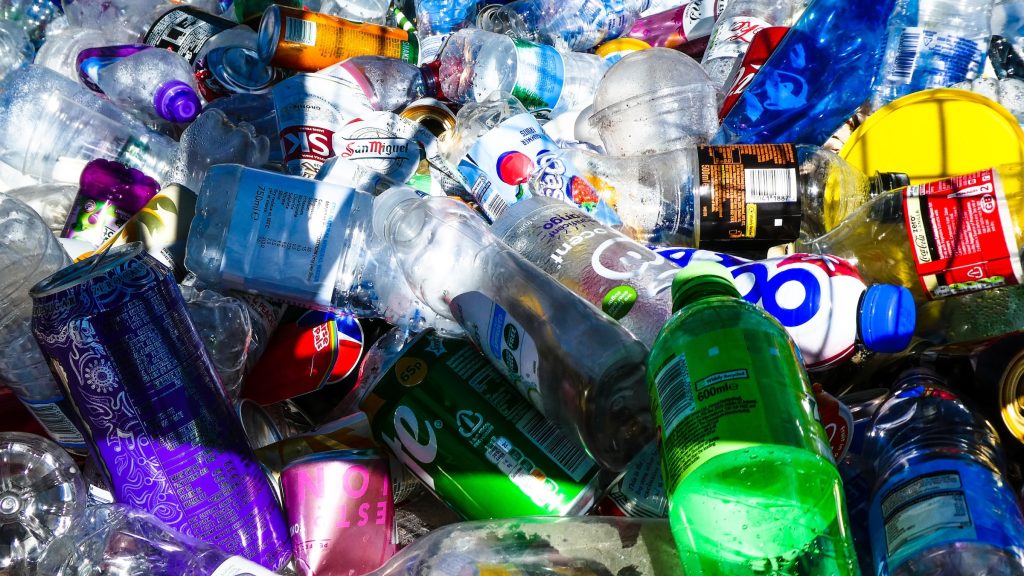WWF Report Tracks Plastic Usage of Major Global Brands
2 min read
World Wildlife Fund (WWF) has released a report addressing the plastic footprint of major companies involved in its ReSource program, including Coca-Cola, McDonalds, Starbucks, and others.
The report, Transparent 2023, collected data from its members in order to share best practices for reducing plastic waste and to track companies’ progress towards plastic reduction. According to the report, five of the nine member companies reduced virgin, fossil fuel-based plastics from 2021 to 2022, while four of the companies have reduced their absolute tonnage of plastic compared to baseline values.
Despite some companies’ plastic reductions, the total weight of plastic from all nine corporations increased by 0.8% from 2021 to 2022, with 7.26 million tons of plastic generated. Among the ReSource members, the use of recycled plastic and the creation of recyclable packaging have both increased by about 2%.
WWF said that with the ReSource program, the organization aims to encourage companies to report on their plastic footprint as a starting point for plastic reduction efforts.
“All companies should be reporting on their plastic footprint — something we are advocating for in the UN Global Treaty to End Plastic Pollution,” said Erin Simon, vice president of plastic waste and business for the World Wildlife Fund. “ReSource Member companies are ahead of the curve, demonstrating that plastic reporting is not an onerous or impossible task. Their transparency enables lessons to be learned and actions to be taken that will reverberate across supply chains and industries worldwide.”
Report Emphasizes Reuse Efforts for Corporate, Supply Chain Plastic Reductions
In addition to reporting on ReSource companies’ plastic portfolios, WWF provides recommendations on how to reduce the use of plastic through new business models, implementation of reuse, and the use of sustainable inputs such as recycled plastics and biobased content, among other pathways.
In the report, WWF notes that all nine ReSource members have implemented reuse in some capacity. The organization promotes reuse systems as a way for companies to both cut down on waste generation and support business growth. According to the report, a recent research study showed that replacing 20% of single-use plastic packaging with reusable materials may represent a $10 billion business opportunity.
The report includes the example of Starbucks’ Personal Cup program in which customers may bring reusable cups to Starbucks stores to receive a $0.10 discount on their drink and gain extra rewards points. WWF recommends shifting from piloting reuse systems such as these to deploying them at product category and portfolio levels going forward.





